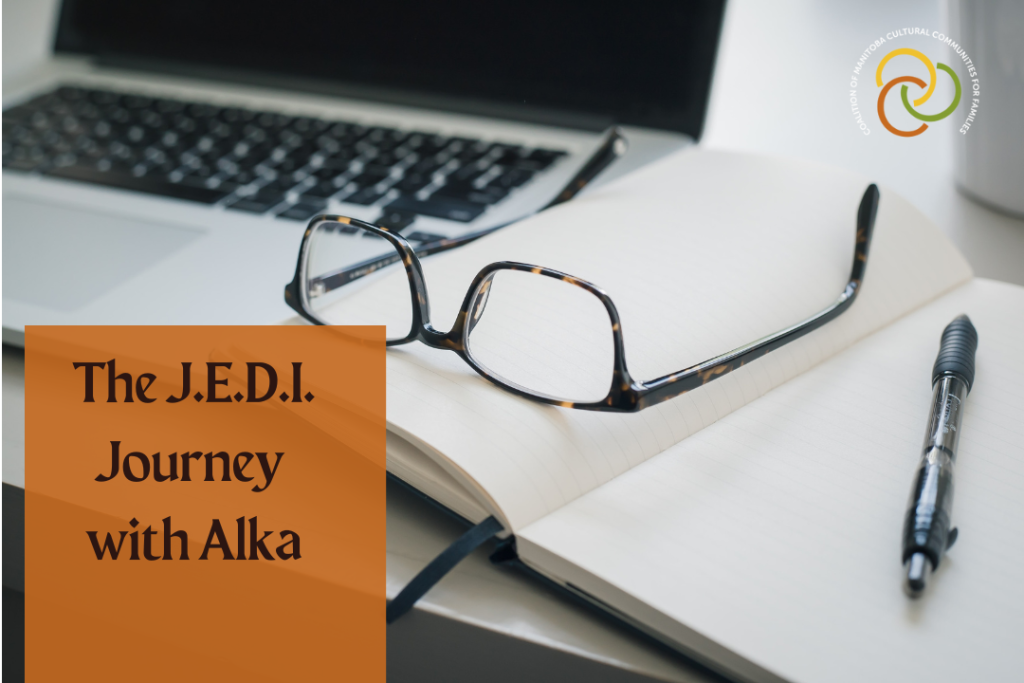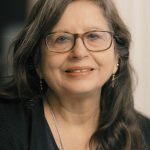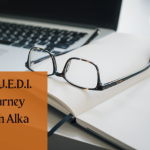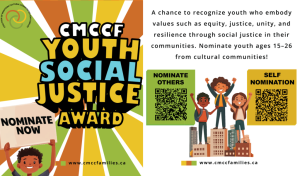
Dear friends and readers…
A disclaimer…
Although the following disclaimer is already on the CMCCF website, I begin this blogpost by further reiterating it here. Although my blog is published on the website of the Coalition, the views expressed here are mine alone and I take full responsibility for them.
Taking some time for personal reflection
Perhaps the last few weeks have been a time for thoughtful reflection for you, as they have been for me; and maybe feelings like sadness, anger, or empathy have also been part of the emotional mix. Yes, indeed, we’re all human, and human suffering, wherever it happens and whether it is big or small, can often make us all experience pain, and compassion for those suffering.
This is what it means to be human, irrespective of the side we may be on in any issue or debate. Certainly, it is true that many political conflicts touch us in deeply personal ways; and it is also natural that each of us sees the view most clearly from the place where we stand.
Given the way world events have been unfolding in recent times, (both on the big scale and maybe in our own small lives too), more specifically in the Middle East since Oct 7- many of us have been forced to re-think about the complexities that make up the world we live in.
For me, one of the powerful memories that has been called up is of classroom discussions I was part of- as a graduate student in the Peace and Conflict Studies program at University of Manitoba a few years ago.
I recall struggling to make sense of the justice vs peace conundrum as it posed a big dilemma to me- what did I think was more important, I asked myself-is it peace, or is it justice, must I pick one over the other, and why was it so difficult-oftentimes even impossible- to choose both?
I was a naïve newcomer, both as an immigrant to Canada, and an individual making a disciplinary shift- moving from the humanities (literary studies, to be specific) to the interdisciplinary social sciences, with my focus on peacebuilding and conflict resolution.
I was more idealistic, (being younger!); and I saw peace and justice being so intertwined that I wondered what one would look like without the other-were they not close partners, incomplete without each other, I would ask. Or, how could peace realistically even be achieved in conflict situations-be it in the context of geopolitics or personal relationships- unless justice was first implemented by addressing important underlying issues and rectifying past wrongs, holding all parties accountable for their part, and redressing power imbalances.
I see shades of grey a bit more clearly now-having seen more life -and have better understanding of complexities, and that has helped me reset my expectations.
So, I ask instead, which is more important to me, is it peace or is it justice? I must say I do not know the answer.
I guess it’s in the intersecting spaces, that lie in-between justice and peace where conflict resolution may step in; through deliberately delaying justice in the interest of prioritising the peace process as a way to manage acute conflict situations; bringing about a pause that can help create some stability so innocent lives may be saved, and time for some thoughtful consideration too- given again to issues, and to shared commonalities and interests.
There are no straight answers to difficult questions-we know that well. Nor are there easy solutions to intractable situations, but ponder we must about where we stand, and also keep our hopes alive and our prayers ongoing so that the potential of building a better world may be realised someday.
As the old inspiring adage goes: “if you can imagine it, you can achieve it.” Elise Boulding and Betty Reardon, leading scholars, advocates and educators in Peacebuilding and Peace Education, believed that it was important to “imagine” cultures of peace in order to bring them into being.
Picking up some threads from last month’s post
As I promised in the post last month, I will share briefly a few notable milestones in the journey that some of us members of team CMCCF have undertaken as we travelled from the initial Wisdom of Hardship project-started during the COVID-19 pandemic-to its current iteration, the Wisdom of Hope.
During the Hardship phase, team members gathered stories from individuals around the world who had experienced adversity in some form, and how, using self-determination, and the strength their support networks made possible, they managed to build their resiliency and came out of the dark place they were in.
Our WOH team has always been geographically located globally and we met (and still do) each month on zoom, sharing more stories and talking about them, drawing energy, inspiration, and strength from each other.
We managed to create a community that became the support network we could all rely on, even a lifeline, and here we felt we could deal with the social isolation the pandemic had created. It was here during our regular zoom chats that we also learnt from each other how we might deal with the short and long-term impacts that we anticipated the pandemic would leave behind, how we would change forever even after it was past.
Coming out of COVID-19, it was interesting how, almost on its own and in an organic manner, our WOH group transitioned from its focus being on Hardship to now being centred on Hope.
We continued to meet regularly-as we had become a community of friends who needed to connect with each other, check in and keep the intellectual and emotional connections strong, and the lifegiving conversations going.
There are many values we share: one is a growth mindset; another is mutual respect; yet another is a desire and an intent to invite and welcome strangers into our group and help grow multiplicities of ways of thinking.
Listening actively to and respecting diverse voices is a principle we follow, and increasingly, living in a polarised world, we firmly believe it is important to learn the how-to of practising how difficult but significant conversations can be had respectfully, and how we can grow these abilities and scale them too, by expanding our Wisdom Circles.
The above values guide us, and they align with the framework and J.E.D.I approach that is so central to the work CMCCF does; it is a significant aspect also of the well-being focus of our work, and a way to realise the potential of the J.E.D.I Initiative geared towards cultural communities feeling better empowered to imagine and create the future they choose for themselves in Manitoba and in Canada.
Do join us in our activities, and enrich the value-driven conversations we have by participating and contributing your voice to them.
We welcome you to join us and share your thoughts and ideas, and you can do this via email or through our website, or by following us on our social media.
Take care of yourselves, and of each other.
Until next time…

The views expressed in this blog post are mine, and I take full responsibility for them. We are always wanting to hear from you – please share your thoughts and feedback by completing our contact form here or by emailing hello@cmccfamilies.ca.
To learn more about our Intercultural and Intergenerational Diversity and Inclusion Engagement Project, go to our J.E.D.I. Initiative landing page here.

 Previous Post
Previous Post
